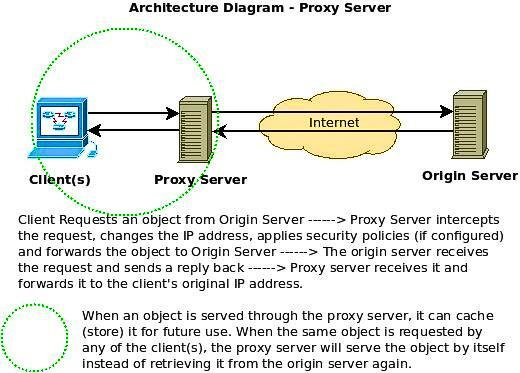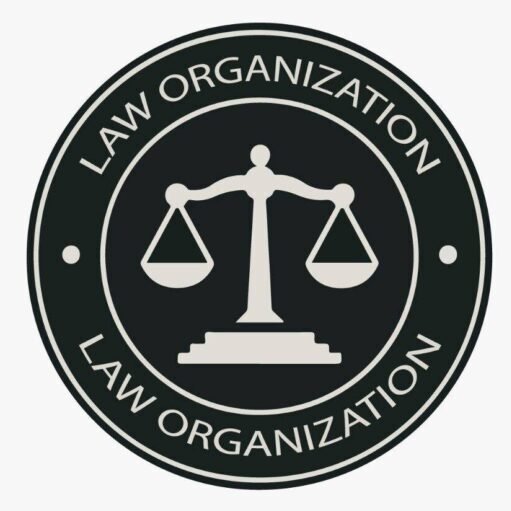Inside the virtual age, the internet has turned out to be an effective tool for information sharing, communication, and amusement. But, with those benefits also come legal obligations. In India, the government strictly regulates unlawful content material to maintain national security, public order, and social harmony. Various laws, including the Information Technology (IT) Act, govern online content, ensuring that harmful, illegal, or misleading information is restricted.
Every United States has its very own set of legal guidelines to adjust online content material and shield its residents. In India, there are particular hints and regulations regarding illegal content material. Understanding what constitutes unlawful content material is crucial for individuals and businesses to avoid legal repercussions.
In this blog submission, we can explore what constitutes unlawful content material in India to sell focus and accountable internet utilization. From hate speech and misinformation to copyright violations and explicit content, this article explores what is considered unlawful in India and how regulations impact digital freedom. Stay informed to navigate the online space responsibly.
Obscene and Indecent content
In India, the dissemination of obscene and indecent content is taken into consideration illegal. The Indian Penal Code and the statistics generation Act, 2000, limit the introduction, distribution, and consumption of specific adult material.
The definition of obscene content material can vary, however it generally refers to cloth that is going towards the customary standards of decency and morality.
Hate Speech and Incitement to Violence
Hate speech and incitement to violence are serious offenses in India. It’s far illegal to create, percentage, or sell content material that incites hatred, discrimination, or violence based on faith, caste, gender, or every other included feature.
The Indian Penal Code and numerous state-specific legal guidelines address hate speech and offer measures to scale back its dissemination.

INDIAN PENAL CODE 1860 ( Jurisprudence Interpretation and General Laws CS Executive)
Defamation and Libelous content
Defamation refers to the act of detrimental a person’s popularity via fake statements. Publishing or sharing defamatory content, together with fake accusations or slanderous statements, is illegal in India. The Indian Penal Code includes provisions for civil and criminal defamation to shield individuals and organizations from fake and harmful records.
Pirated and Copyright Infringing cloth
India has strict copyright laws to protect intellectual belongings rights. it is unlawful to distribute, download, or movement pirated content, inclusive of unauthorized copies of movies, track, software program, books, or different copyrighted material.
The Copyright Act of 1957 safeguards the rights of content material creators and imposes penalties on folks that violate copyright laws.
Child Pornography
The creation, distribution, and consumption of toddler pornography are heinous crimes that make the most prone children.
In India, the safety of kids from Sexual Offences (POCSO) Act criminalizes baby pornography and imposes intense penalties on offenders. accessing, sharing, or owning such content is illegal and can cause strict legal consequences.
Content Affecting national protection
To shield countrywide protection and hold regulation and order, sure sorts of content material are deemed unlawful in India. This includes material that promotes terrorism, incites violence against the country, or jeopardizes the sovereignty and integrity of the U.S.
The government closely video displays units and takes action against people or structures concerned in disseminating such content.
Online Scams and Fraudulent sports
Carrying out online scams, frauds, or different illegal sports for non-public benefit is illegal in India. This consists of activities together with phishing, identity theft, hacking, financial fraud, or any other shape of cybercrime.
The statistics generation Act, 2000, consists of provisions to cope with and penalize individuals involved in such activities.
Conclusion
The government strictly regulates unlawful content material to maintain national security, public order, and social harmony. Being privy to what constitutes unlawful content in India is crucial for accountable net utilization. By respecting the laws and regulations, individuals can make contributions to a safer online environment. It is important to understand that the unlawful content material is crucial for individuals and businesses.
From obscene and indecent material to hate speech, copyright infringement, toddler pornography, and content material affecting countrywide protection, the Indian legal framework objectives to defend citizens, pornography laws uphold morality, and maintain order in society.
It’s essential to live informed, workout caution even when sharing or ingesting on-line content, and document any illegal activities to the relevant authorities. Together, we can promote an accountable and regulation-abiding virtual area for all. The regulation of Unlawful Content Material in India is essential to maintaining digital safety and integrity.




